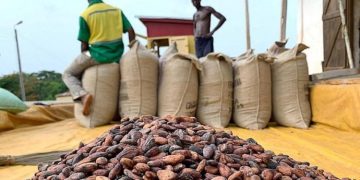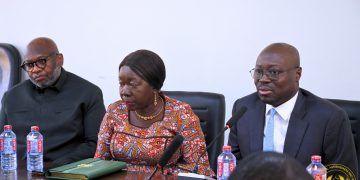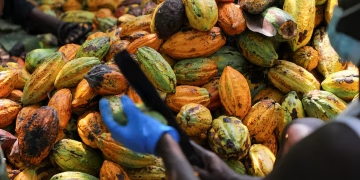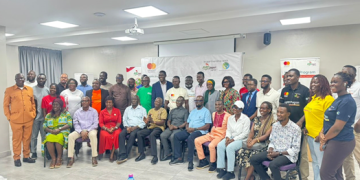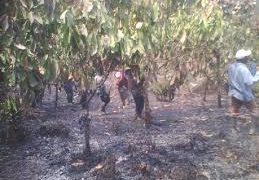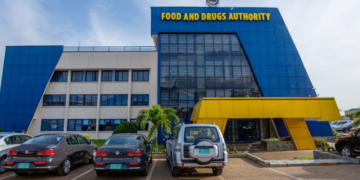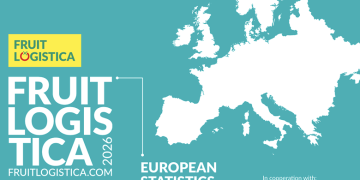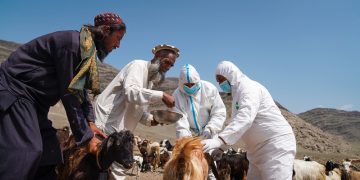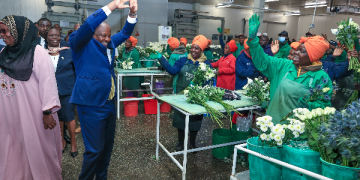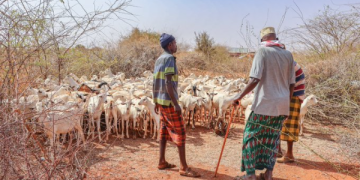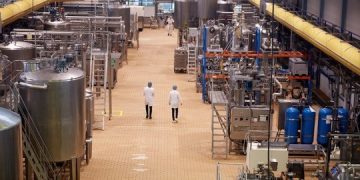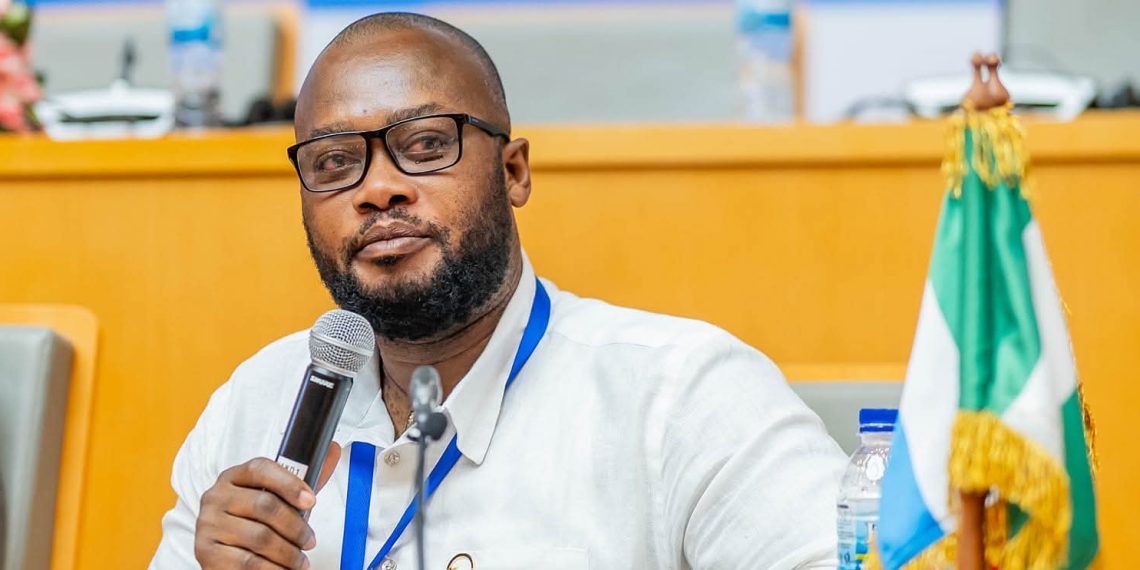The Ghanaian agricultural sector since time immemorial has been dominated by traditional farming knowledge and practices. With this approach, the sector has grown gradually and steadily over time at an average of 2.7% annually, with cocoa as the backbone but diversification and modernization driving future expansion. The market size of Agriculture in Ghana is projected at a value of $3.40 billion as of 2024, with an expected growth rate of 2.56% annually reaching $3.87 billion by 2029.
In the first quarter of 2024, the contribution of agriculture in terms of monetary value, was recorded at approximately GHC10,848.60 million, which is a decrease from GHC11,619.42 million in the fourth quarter of 2023.
Despite the encouraging road so far, there are many challenges lingering and awaiting answers. Some of these challenges include climate change and unpredictable weather patterns, erratic rainfall and prolonged dry seasons, which have disrupted traditional farming cycles, leading to reduced crop yields and increased food insecurity. Extreme weather events, such as floods and droughts, further aggravate these issues, damaging crops and infrastructure.
The above data indicate the value of Ghana’s agriculture and the prospective vibrancy and growth that the country could achieve if the essentials are deeply integrated. An essential aspect that cannot be compromised is technology and the application of digital systems.
This is a proposed clear road map on what the country needs to do to excel and impact the people of Ghana on a large scale by channeling our energies into smart farming where technology meets tradition.
Agriculture being the identity of Africa, the inclusion of technology is essential for global competitiveness. For Africa’s agriculture to be effective and competitive, there is the need for smart farming which has its foundation on climate resilient and data driven policies and systems. Digital farming is built on tools such as drones, AI soil analytics, satellite imaging, mechanised irrigation, digital marketplaces and others.
The successful usage of these tools to achieve results is anchored on skills development. Unfortunately, skills gap is widening which Africa must accelerate. Deliberate skills investment that will shape the future has to be keenly considered. The investments have to be purposeful, training the youth for tomorrow’s industries, not today’s jobs.
The development of skills for the future becomes more fulfilling if the establishment of an educational institution to take charge of this is prioritized. Ghana in particular must see to the establishment of National Skills Research and Innovation Institute to research global competitive skills, predict labour market demands, guide governments on skills investment, support TVET & universities with curriculum transformation, and provide industries with future-ready talents.
There should also be the setting up of National Industries Development & Regulatory Authority, an independent entity that will harmonize overlapping agencies, reduce bureaucracy, align agriculture, industry and trade, strengthen standards and export competitiveness.
Another aspect very crucial to be strengthened is the ecosystem for African youth. Youth are Africa’s greatest resource that have to be equipped greatly to impact and lead change in our agricultural sector and general nation building. The youth need access to technology, innovation hubs, mechanization centers, skills financing and entrepreneurship support policies that reward innovation. Africa needs to build a system where education provides foundation for skills and capacity development that enables us to build industries, innovation and prosperity. As such, Africa must invest in work-integrated, and tech-enabled learning. To give its young people strong foundation and fundamentals to be future-ready to aid in building stronger society that interconnects to and across all areas of life.
It is essential and recommended that policy makers and the private sector adopt digital transformation strategies, invest in digital agriculture, fin-tech and E-commerce, support start-ups and innovators, and Use data-driven decision-making approaches to build a system capable of securing our future.
The future is now and the future is in our hands to decide and determine the future of agriculture and its approach in Africa. Smart farming merges tradition with innovation where skills, strong institutions, and infrastructure are combined in implementation for transformation. Africa must act boldly and intentionally to build an innovative, competitive, and prosperous continent.
Proposed By:
Anthony Kofituo Morrison
Chief Executive Officer Chamber of Agribusiness Ghana
Chairman Ghana Agriculture Sector Skills Body of TVET Commission














